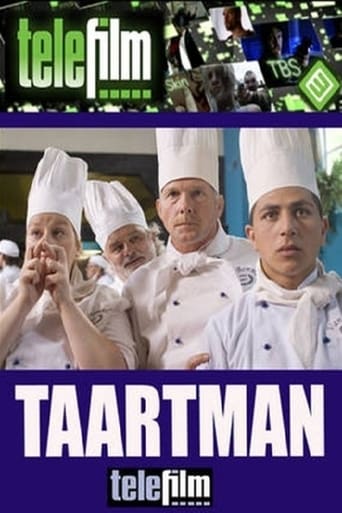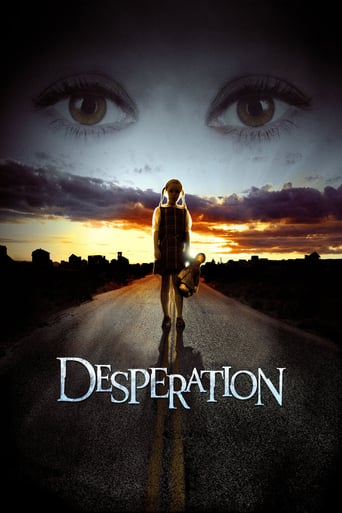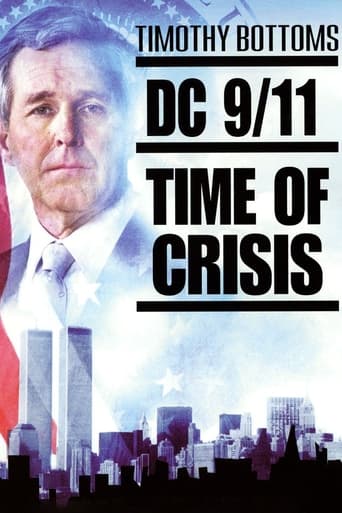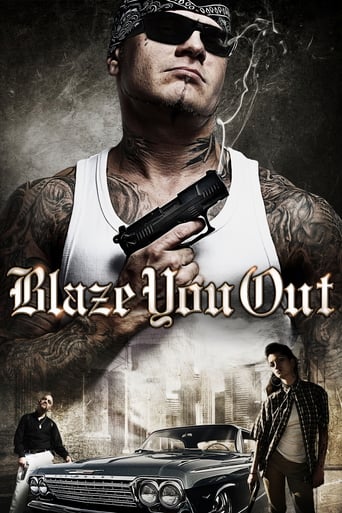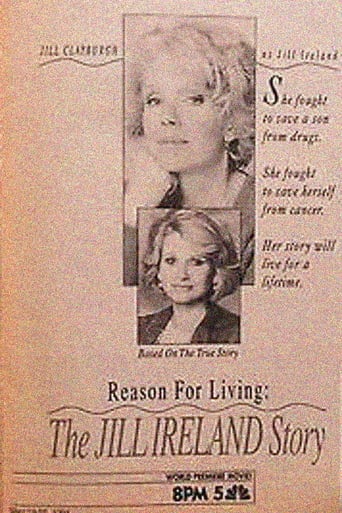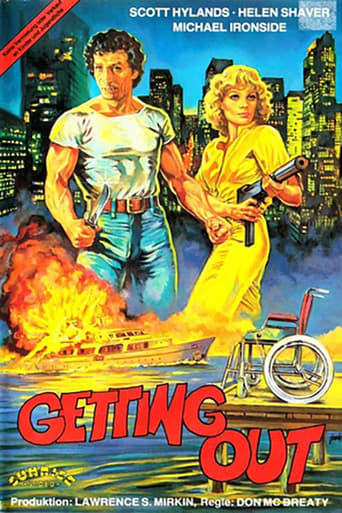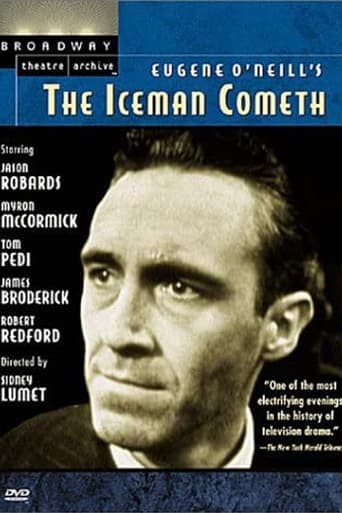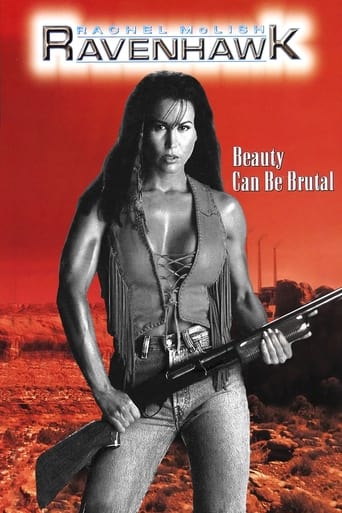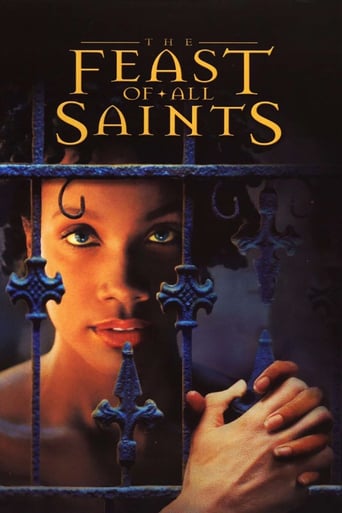
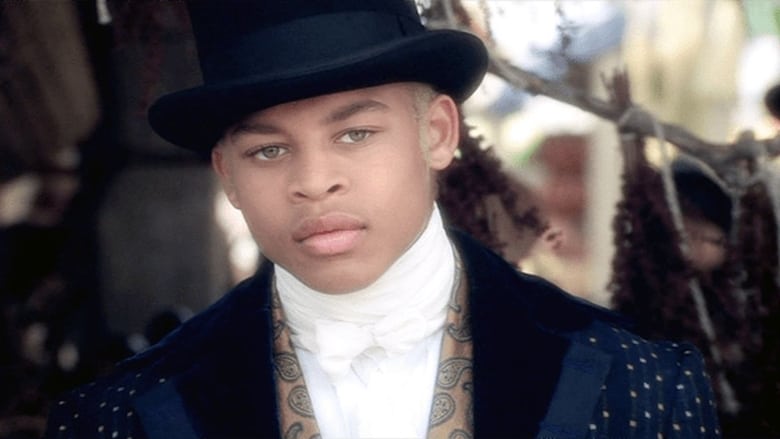
Feast of All Saints (2001)
Set in nineteenth-century New Orleans, the story depicts the gens de couleur libre, or the Free People of Colour, a dazzling yet damned class caught between the world of white privilege and black oppression.
Watch Trailer
Cast
Similar titles
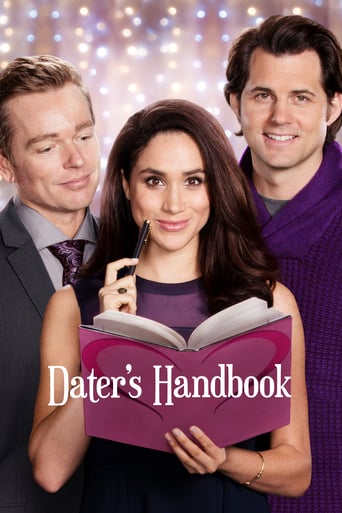
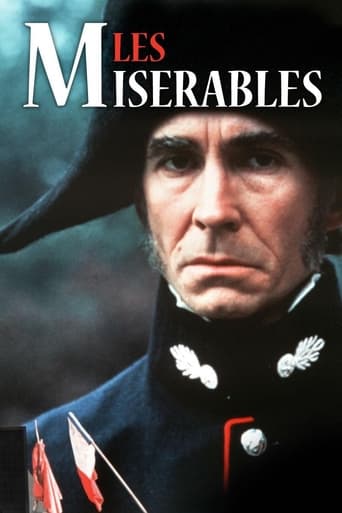
Reviews
Very very predictable, including the post credit scene !!!
This movie is the proof that the world is becoming a sick and dumb place
Instant Favorite.
As Good As It Gets
My family goes back to New Orleans late 1600's early 1700's and in watching the movie I knew it was a history my grand-parents never talked about, but we knew it existed. I have cousins obviously black aka African Americans and others who can "pass" as white and chose not to. It's a hard history to watch when you realize that it's your family they're talking about and that Cane River is all a part of that history. It makes me want to cry and it makes me want to kick the 'arse' of my great grandfathers who owned those plantations and wonder in awe of how my great grandmothers of African heritage lived under that oppressive and yet aristocratic existence...And at the same time had I not come out of that history, I probably wouldn't be the successful business woman I am today living successfully in a fairly integrated world. The acting was both excellent and fair depending upon the actor, but it is a movie that NEEDED to be made. Anne Rice is incredible and I ask myself, why is she 'symbolically' writing about my family and I'm not. I recommend this movie to everyone. Leza
Wow. Yet again, someone's playing games w/great source material. Read the book. I will try, but I tend to give away plot lines (spoilers); so, stop reading NOW if you don't want to know too much.Based on an historical novel about the "free" people of color in LA; the movie drops VERY important expository plot lines. Further, the casting director clearly had no idea how to employ people who could actually act. The actor playing Marcel, the "main" character, is jarring. Every moment he is on screen is excruciating to watch and listen to. A corner "be-bop" dropped into 1800s LA.Plot: Plessage, the custom in LA during the 1800s, or auctioning off light skinned Black women to wealthy white men willing to set them up for life (or the life of the relationship), in nice houses. An entire class of people of color survived, some would say triumphed, by bartering the flesh of these Quadroons.Marcel and his sister are the children of a woman of plessage. Marcel is dark and his sister could be a "passe blanc", one who could pass for white. They have an elder sister as well (not revealed to Marcel until midway through the movie) and their "father's" refusal to free her (she is the daughter of a slave, not a free woman of color), leads to a heartbreaking act of revenge on her part. Difficult to watch, but perhaps the most effective part of the movie, serving as it does to jar the reader into realizing that all life in this town, at this time is plessage: women, white, black, whatever, are merely chattel (from the slave to the wives of the wealthy plantation owner). They are all bartered and sold.Marcel is raised by his mother to believe he is "free" and not really Black, but, as another character tells him, "different", has to learn that he is a "station", not a person. He lives in a world where the facade of "freedom" is maintained by everyone; but when he goes to his father's house, TO THE FRONT DOOR no less, he finds that unless you can "pass blanc", you are simply another Negro. Not different, the same as everyone else.Ironically, his full sister realizes that she IS Black. And she does not aspire to pass or to be anything other than what she is. To love the Black man she loves, to marry, to have as much happiness as is possible in the world that exists. It is her rape by 5 white men that underscores how impossible happiness is in a world where a woman of any color has limited choices.Despite the fact that the cast is headed by some well known names; quite a bit of the acting is abysmal. The actor playing Marcel, Ruby Dee, Ben Vereen, Gloria Reuben...they are simply awful. Accents come and go or don't exist at all. The true saving grace of the film? Jennifer Beals. I didn't know she could actually act; but she is more than credible as the owner of the house where the Quadroon balls are held. When she reveals that for a time she was married to a White English Lord, you even believe she was a credible lady of that "manor".I am not saying to skip this movie; but read the book first. Rich in detail and a feast for the mind, the book far exceeds the midling film.
The story and the show were good, but it was really depressing and I hate depressing movies. Ri'Chard is great. He really put on a top notch performance, and the girl who played his sister was really awesome and gorgeous. Seriously, I thought she was Carmen Electra until I saw the IMDb profile. I can't say anything bad about Peter Galleghar. He's one of my favorite actors. I love Anne Rice. I'm currently reading the Vampire Chronicles, but I'm glad I saw the movie before reading the book. This is a little too"real" for me. I prefer Lestat and Louis's witty little tiffs to the struggles of slaves. Eartha Kitt was so creepy and after her character did what she did The movie was ruined for me; I could barely stand to watch the rest of the show. (sorry for the ambiguity, but I don't want to give anything away) Sorry, but it's just not my type of show.
We tend to forget that the master/slave context of the past centuries lead to more than well-tended estates, powered by large groups of enslaved people, and a lot of money for the white owners. It lead to a group of people caught in the middle - the offspring resulting from slave owners interferring with their female slaves.Some of these children just became more slaves, and others were free...but free and coloured, which back then meant anything but, relative to the lot of their sires.A class formed around these offspring - the gens de couleur libre or free people of colour - and that class was able, to a certain extent, to own property, raise themselves from downtrodden to educated, and to attain a comparative dignity. That is to say, they weren't slaves, but they were still exploited to a certain extent.Often, the women lived as mistresses to the white plantation masters and men of wealth, set up in their own houses, with allowances, schooling paid for for their children, and a kind of gentility, dependent on the respectability they chose to impose on their families. In essence, they were prostituting themselves to ensure their own prosperity, and relative independence from labour - an arrangement called plaçage.Feast of All Saints is a beautifully written story about the children of one such woman, the result of just such an arrangement with a local gentleman, and the people who touched on their lives, in both a negative and a positive way. The tale was an eye-opener for me, a New Zealander, with no real conception of the black/white lines, let alone that grey area in the middle where the gens de couleur libre trod gingerly.The characters are very three dimensional, and have been well-rendered in this adaption of the novel, by Anne Rice. The parts are well-cast, the costumes are wonderful, and the brutal way the lines are drawn out, with the blurred areas made all the more distinct by the conflicts the protagonists go through. The gens de couleur libre could not marry the whites, the slaves could not help themselves, and the whites, even the sympathetic ones, couldn't bear to face the economic reality of doing right by the people they depended on.I recommend this story, both the novel and the miniseries, to everyone, unreservedly. If you can't handle the truth you'll cringe and cower through some parts, as one injustice after another is meted out on those of colour, both by their white oppressors, and by their own people. Bear in mind though that this is nothing more than reality, and this tale is an absorbing way to learn about it.I know it may sound callous, but this miniseries both entertained me and enthralled me, despite the sour taste I found in my mouth at what went on, and I thoroughly enjoyed it. Watch it. If not read up on the period, because there's a lesson to be learned from it all.



